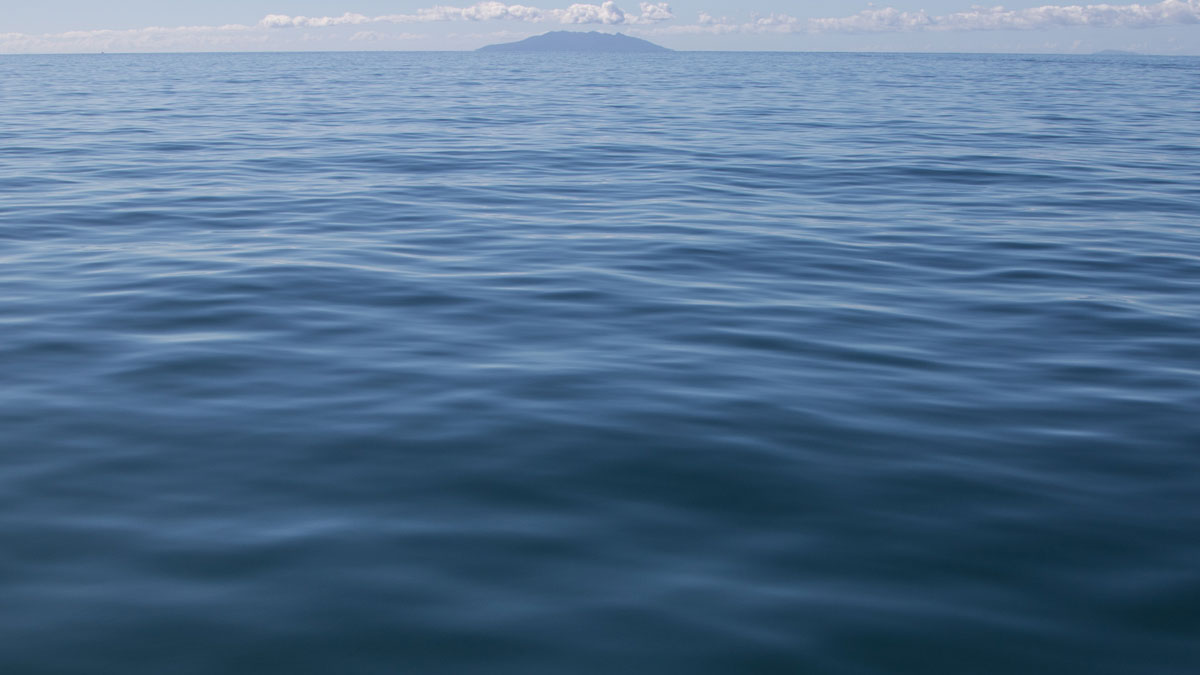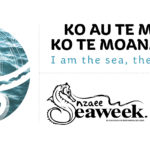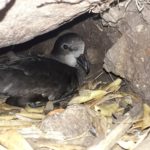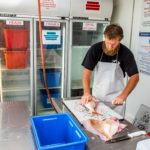“I used to think people would do the right thing if they were better connected to nature,” says Mary Frankham, project manager for the North-West Wildlink.
“It turns out the majority of us are already connected – 85% of us believe nature improves our lives – but a smaller proportion are actively working for the environment.”
In 2017, the Department of Conservation (DOC) undertook a social survey of more than 2,000 Aucklanders, to understand their values, attitudes and behaviour in relation to conservation activity.
The results revealed that age, gender, ethnicity, time lived in New Zealand, education, income or where an Auckland resident lives have no bearing on conservation actions.
Rather, ‘doing the right stuff’ corresponded to psychographics – or values, opinions, attitudes, interests and lifestyles. The findings broke traditional mindsets and forced a rethink of conservation initiatives.
The Auckland study showed that some people are highly connected to nature, have a high degree of ‘environmental identity’, and yet do little to support nature.
On the flip side, there are people who have low environmental identity and low outdoor activity but do a great many actions that support conservation – like planting trees to create a leafy urban streetscape or trapping rats to rid them from roof space.
In short, people carry out conservation actions for different reasons, including health, lifestyle and to benefit children, neighbours or future generations.
“We hope this research helps conservation groups provide programmes that relate to a broader range of people,” says Dr Edy MacDonald, Manager of DOC’s social science team.
Now such insights are powering up the North-West Wildlink, an initiative to restore, create and connect habitat between Hauraki Gulf island sanctuaries and Waitākere Ranges, to support the return of wildlife to the city.
“There are about 130 community and volunteer groups doing great work with pest control and restoration in this area,” says Frankham, “but compare that to the potential of 190,000 backyards.”
A new campaign called ‘Our Big Backyard’ is promoting simple actions with broad appeal and anyone can do.
It’s backed by Auckland social change agency Borderless Productions. CEO Qiujing Easterbrook says it puts people at the heart of the campaign. “We want to connect people to their backyards; whether that’s a back garden, the playground down the road, or favourite local beach.”
Two thirds of native habitat in the North-West Wildlink area is privately owned, says Frankham.
“We cherish nature as points of connection and identity, shared memories and experiences. Studies show improved air and water quality reduces health costs, increase community pride, resilience and life satisfaction. So we are emphasising a whole range of benefits, not just ecological ones.”
See what spins your dials at ourbigbackyard.nz
North-West Wildlink is supported by Forest & Bird, Auckland Council, DOC, Gecko NZ Trust, QEII Trust, Community Waitakere, EcoMatters, Kaipatiki Project and Dr Margaret Stanley from the University of Auckland.
Mary Frankham
Mary Frankham is an independent facilitator and project manager for the North-West Wildlink Partnership Group, and is consulting on a model for a region-wide conservation collaboration in Auckland. She has worked as a community conservation facilitator and has held a number of leadership roles in community and voluntary organisations.








